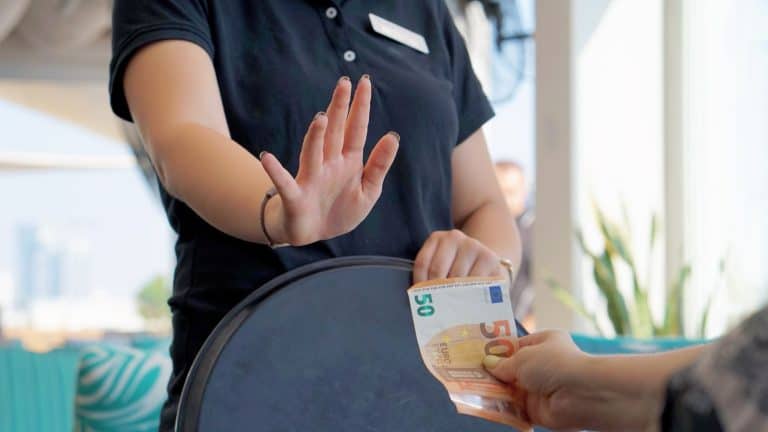Found By Accident contains affiliate links and is a member of the Amazon Services LLC Associates Program. If you make a purchase using one of the Amazon links (or other affiliate links), we may receive compensation at no extra cost to you. See our disclosure policy for more information.
13 Surprising Items You Didn’t Know Were Contraband At The U.S.-Canada Border
Crossing the border – simple, right? Just pack your bags, grab your passport, and roll into another country. Except… not so fast. Turns out, customs agents are basically the gatekeepers of a high-stakes scavenger hunt where half your luggage might qualify as contraband.
That jar of homemade jam? Suspicious. A single orange? A rebel move. And don’t even get me started on items that seem safer than grandma’s knitting needles but are somehow a no-go.
It’s like stepping into a game where the rules were written after your last vacation. Curious what quirky, out-of-left-field things might get you a raised brow and a confiscation slip? Stick around.
And hey, got your own eyebrow-raising border tales or secret packing hacks? Drop them in the comments – we’re all ears for your smuggler (er, traveler) wisdom.
Bird Feathers And Nests
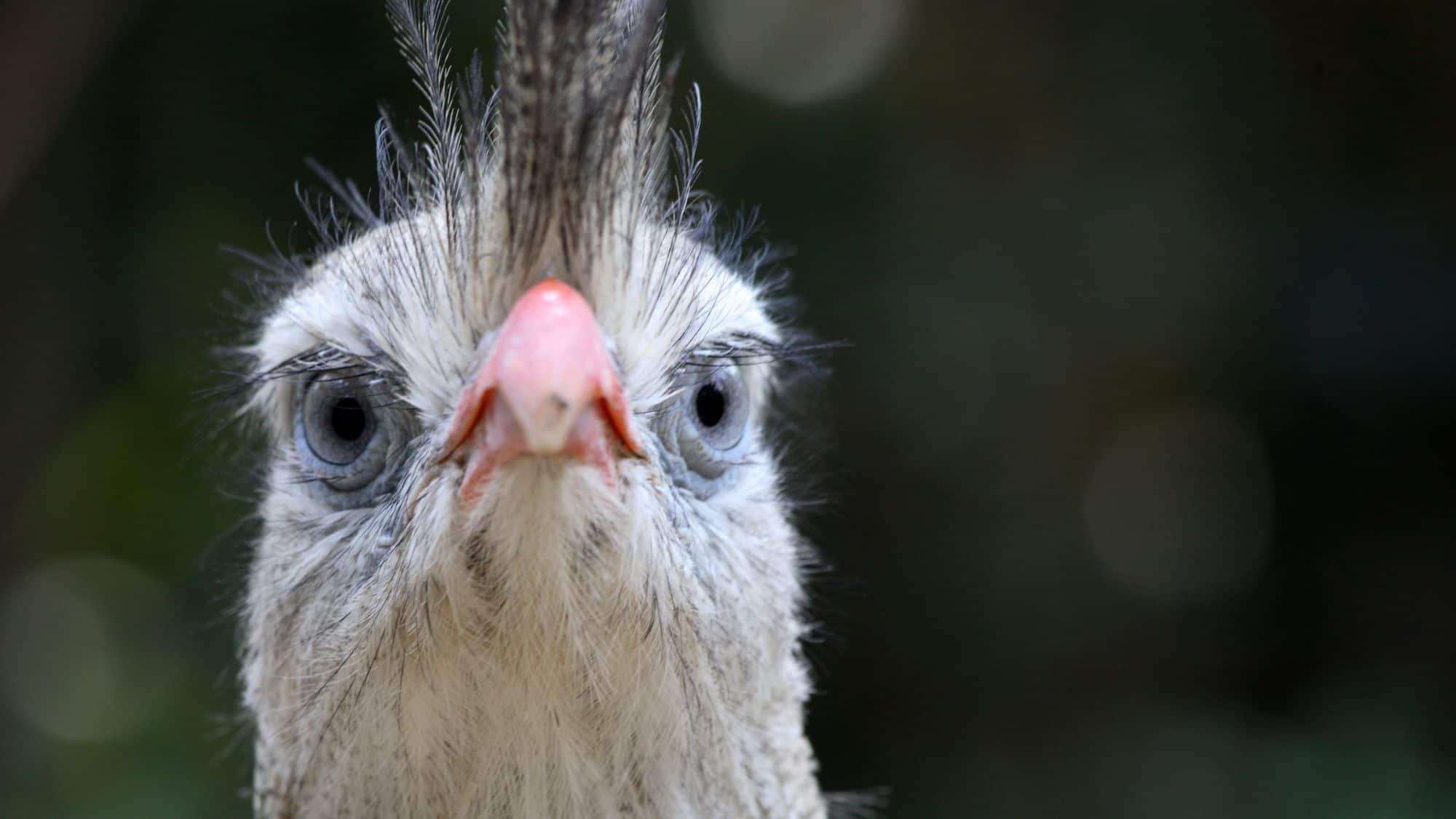
Bird feathers and nests – because apparently, the delicate souvenirs that scream “nature enthusiast” also scream “biosecurity risk.” Bringing these back home can trigger customs officers faster than a loose toddler in an airport lounge.
Why? Feathers and nests, no matter how enchanting, might carry microscopic stowaways… bugs, bacteria, or diseases just itching to start their own world tour. Nest architecture is fascinating, sure, but customs isn’t impressed by your National Geographic moment.
Meat-Based Pet Treats

Your dog or cat may have drooled over those jerky sticks in an exotic market, but customs agents won’t be as enthusiastic. Meat-based treats often come with more baggage than your mother-in-law at Thanksgiving – think diseases, pests, or regulations stricter than a high-school chaperone.
Some countries are particularly touchy about these, fearing they’ll disrupt local livestock industries faster than a scandal in a soap opera. Solution? Stick with regionally-approved snacks.
Tattoo Ink And Equipment

Planning on touching up that “carpe diem” tattoo while abroad? Better check if your spontaneous inking session puts you on customs’ naughty list. High-quality tattoo ink and tools can be surprisingly hard to bring back, thanks to regulatory rules meant to keep us safe.
Toxic chemicals or low-grade knockoffs masquerading as body art supplies are the culprits. Customs basically treats them like tiny renegades. Want to avoid the fuss? Maybe just wait until you’re home – your skin’s diary can handle a few days delay.
Used Mattresses

Yes, the humble used mattress… an icon of suspicious comfort. You thought hotel bed bugs were bad? Try explaining a pre-owned mattress at customs – it’s like declaring war on hygiene itself.
“Why bring one?” you ask. Fair question. But some do, often for sentimental or thrifty reasons, oblivious to the fact that their lumpy sidekick might be flagged as potential pest transport. Cue the inspectors’ faces, equal parts horror and intrigue. And if these mattresses could talk, their passport to international travel would definitely remain revoked.
Pufferfish (Fugu)
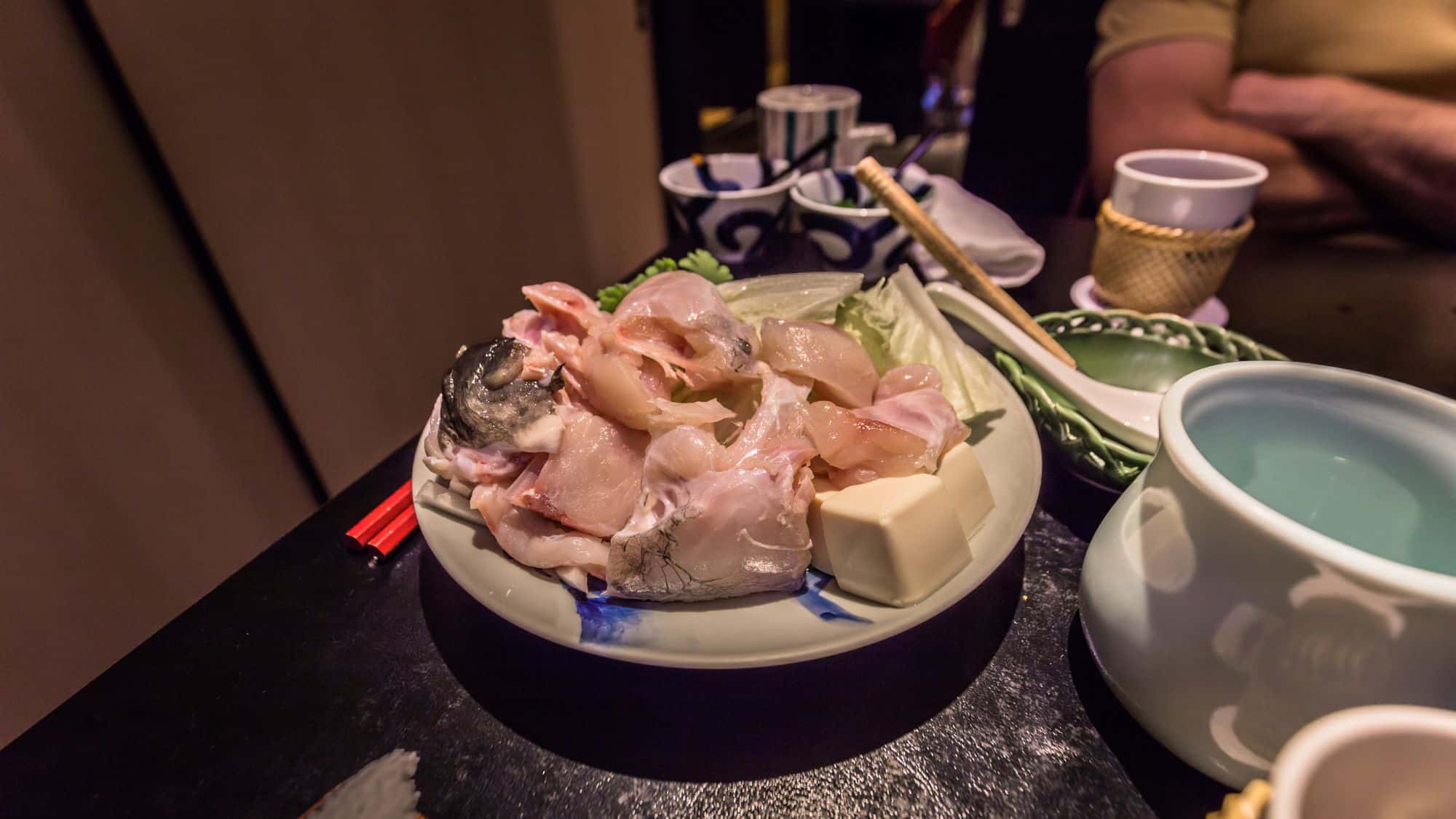
The pufferfish… nature’s daredevil snack. Sure, it inflates into a spiky ball of “don’t mess with me” charm when threatened, but did you know it doubles as one of the deadliest delicacies on Earth?
Fugu sashimi is revered in Japan, but here’s the catch: its toxin is about a thousand times more lethal than cyanide. That is some high-stakes dining! Fancy smuggling one across the U.S.-Canada border? Don’t. Border agents won’t exactly applaud your adventurous taste buds. And honestly, who needs that kind of pressure with dinner?
Ivory Products

Cue somber music – ivory (the waxy white status symbol of centuries past) is on every customs officer’s radar. And trading in ivory is a surefire way to highlight your rebellious streak as a despicable poacher.
Whether it’s antique trinkets or a piano key set handed down three generations, don’t count on a warm welcome. Banned globally to protect dwindling elephant and rhino populations, ivory’s golden days are long gone. These days, carrying it is akin to flashing a neon sign saying, “Arrest me for my poaching ways.”
Slot Machines
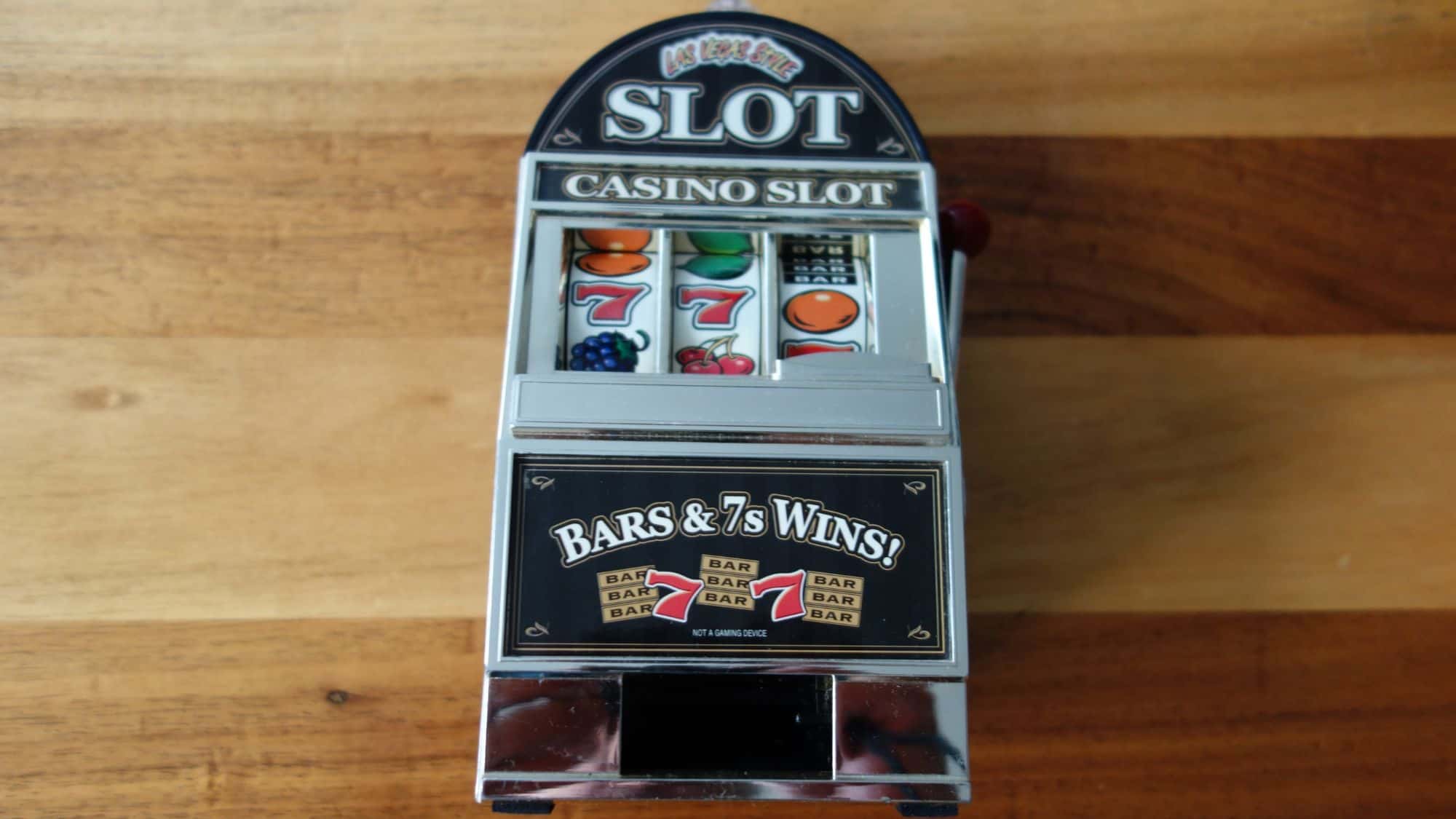
Here’s a question for you – why gamble in Vegas when you can try your luck at customs with a slot machine in hand? People actually do this, wheeling these jingling monstrosities across borders, possibly imagining the sound of jackpot bells over a polite “Do you mind stepping aside?”
Inspectors, no strangers to oddities, treat these like potential loot from a casino heist. And yet, the real gamble isn’t winning the jackpot; it’s convincing customs you’re not building a secret underground casino. High stakes, indeed.
Certain Firewood

Firewood – the seemingly innocent campfire essential that could ruin your border-crossing dreams faster than you can sing kumbaya. Turns out that not all logs are created equal, and some are outright banned.
Why? Blame the little hitchhikers you can’t see – nasty pests and invasive species that turn your backyard s’mores session into a global ecological crisis. Crossing borders with firewood is like bringing a Trojan horse… filled with termites, beetles, and doom. So stick to buying local firewood instead… it burns just as well (minus the epic guilt trip).
Live Bait (Certain Types)
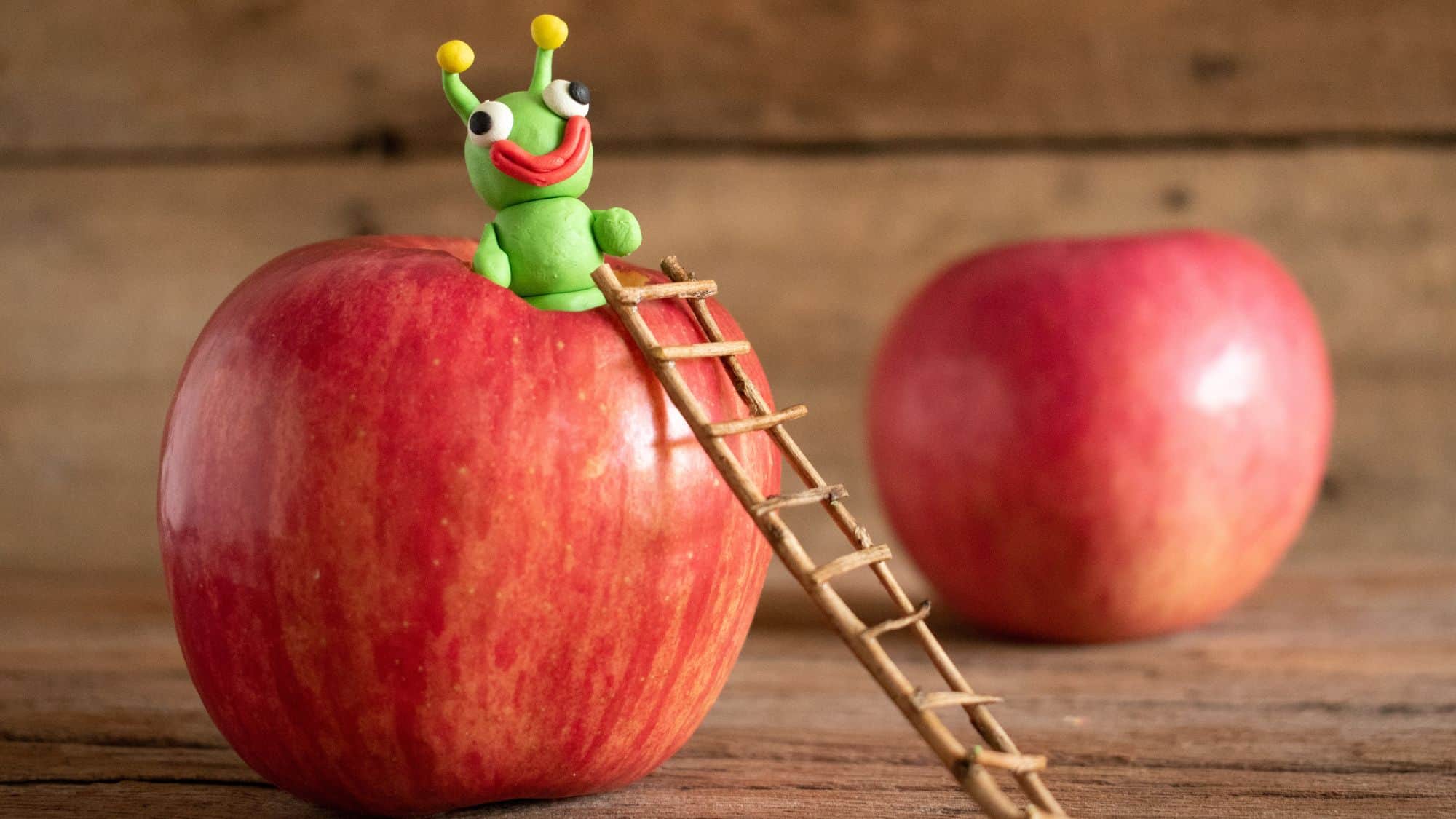
Live bait – because what’s fishing without some wriggling, slimy, squirmy buddies along for the ride? But newsflash, not all bait is border-approved. Your precious earthworms or minnows could be ecological villains in disguise, wreaking havoc in an unfamiliar ecosystem.
Border agents have enough to deal with – do they really need to interrogate your nightcrawlers, too? Some regions ban specific types of bait entirely, so your fancy Canadian leeches for ice fishing? Yeah, they might be going straight to customs jail.
Vehicles With Dirt Or Mud

Here’s the dirty truth – your car, ATV, or bike caked in mud might just be smuggling more than you bargained for. Seeds, pathogens, and even tiny bugs love hitching a ride, turning your road trip into a biological invasion masterpiece.
The border folks aren’t trying to ruin your streak of avoiding the car wash; they’re protecting local ecosystems. Imagine smugly rolling up with your adventure-mobile, only for them to ask, “Got dirt?” It’s not just a request… it’s a demand for you to hose off the whole vehicle.
Radar Detectors
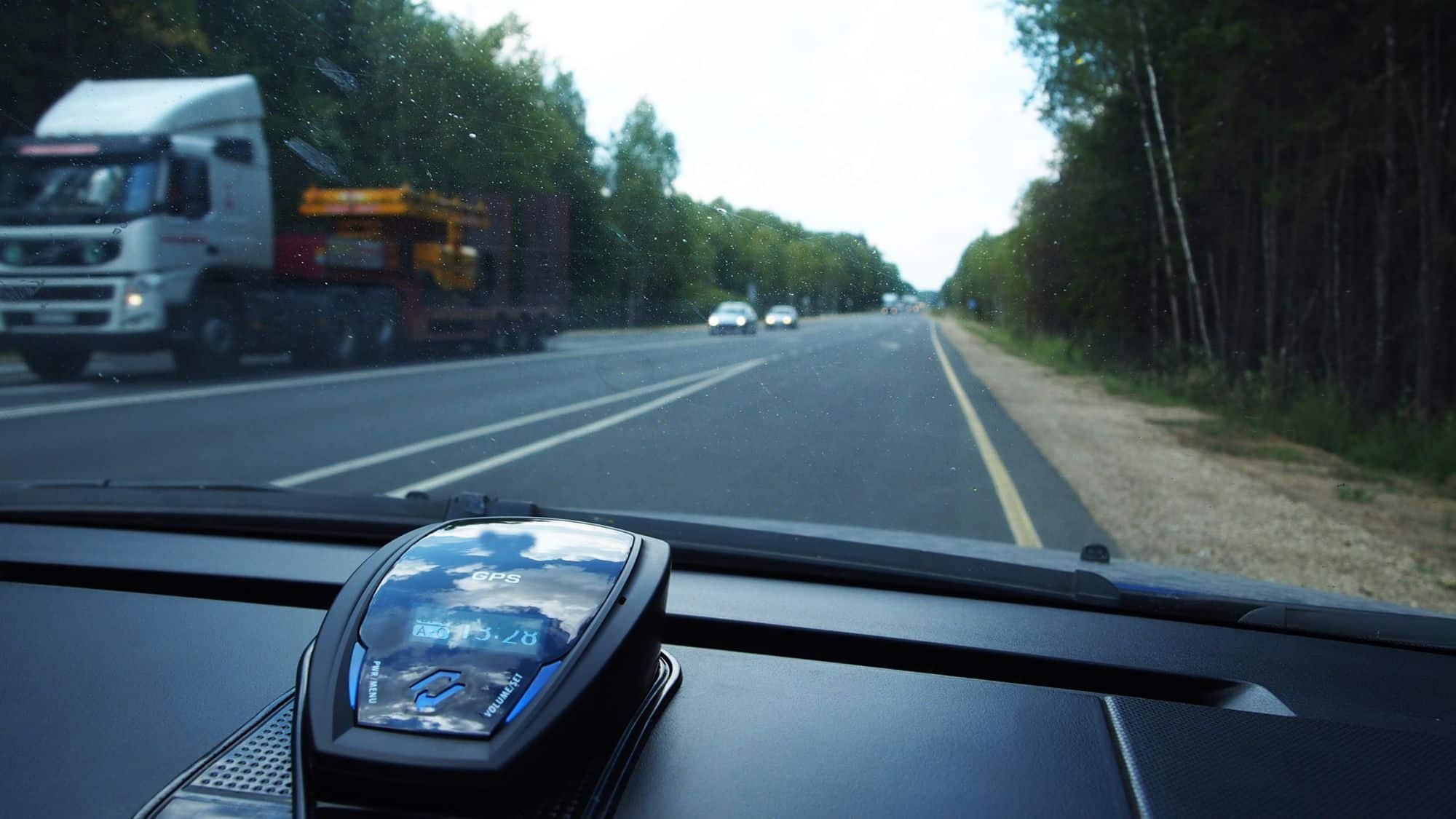
Remember that smug satisfaction of outsmarting speed traps on empty Canadian highways? Yeah, customs agents aren’t laughing. Radar detectors are banned in some provinces like Quebec and Ontario, which means crossing the border with one could land you a fine – or worse, confiscation.
And no, claiming ignorance won’t save you. This gadget’s outlaw status stems from its very purpose – undermining the whole traffic-law vibe. If snagging a speeding ticket is a sport, using a radar detector is the performance-enhancing drug that gets you benched. Pro tip? Just slow down, Mario Andretti.
Lottery Tickets

Feeling lucky? Well, don’t push it. Believe it or not, certain lottery tickets can’t cross borders. Apparently, even scratch-offs need passports these days. The logic is murky (possibly tied to tax evasion or fraud prevention), but one thing’s for sure: customs officials probably won’t care about your “Big Winnings” dream narrative.
Got a winning ticket? Better cash it in before you cross, or risk waving goodbye to your jackpot. Who knew the things standing between you and that island villa were international laws and a stern customs officer? Tough luck.
Chocolate-Covered Insects
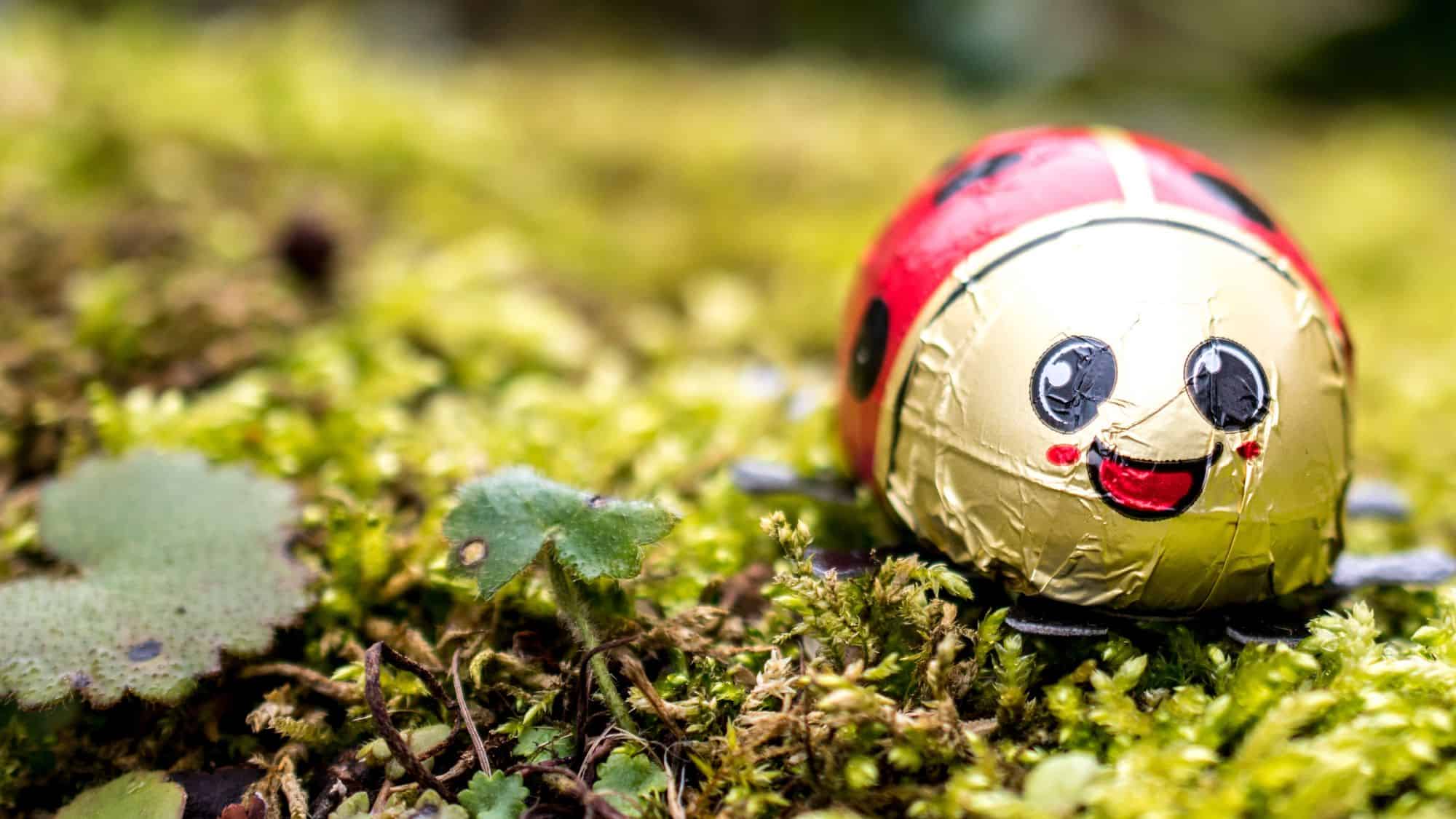
Edible bugs have gone from bushcraft survival snacks to five-star gourmet dare food... but border inspectors are surprisingly unimpressed. Because these crunchy, chocolate-dipped critters might break food safety laws faster than a house-of-cards tower collapses.
Whether it’s their “mystery farm” origins or concerns over allergens, they can cause a buzz. So, instead of risking an awkward customs lecture, indulge in your exotic protein fix while you are still abroad.
Like Our Content? Follow Us On MSN (or click the Follow Button above) to see more from Traveling In Focus.





